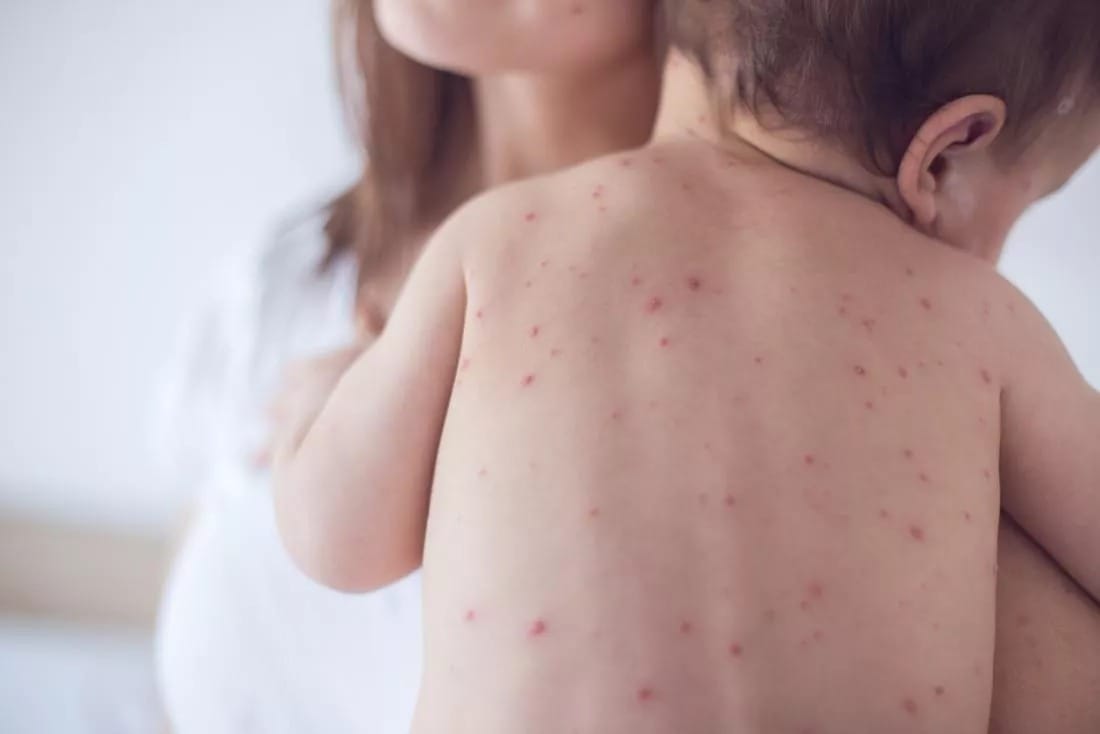Urgent Call for Healthcare Professional Cooperation Amidst Measles Clusters in Cyprus
In a concerted effort to mitigate the spread of measles, the Ministry of Health has issued an urgent appeal to healthcare professionals across Cyprus. This call to action was disseminated through a special letter from the Health Insurance Organisation (HIO), targeting all service providers within the General Healthcare System (GHS).
The urgency of the situation is underscored by the recent findings of the Epidemiological Surveillance Unit of the Ministry, which has observed clusters of measles cases within the country. The potential for further outbreaks is currently assessed as “very high.” This alarming trend follows a two-year period during which no measles cases were reported in Cyprus, with only sporadic, imported incidents in preceding years.
The letter, which reached providers via the GHS software, highlighted concerning statistics from the European Region of the World Health Organization. “From January to October 2023, over 30,000 measles cases were reported across various member states,” it read, noting that “40% concerned children aged 1-4 years and 20% adults aged 20 and above.” The letter also detailed approximately 21,000 hospitalizations and 5 deaths within that timeframe.
Recent domestic clusters in Cyprus have been linked to kindergartens and pediatric departments in hospitals. Notably, nurses have also begun showing symptoms after caring for children with measles. The Epidemiological Surveillance and Control of Infectious Diseases Unit has declared its vigilance in monitoring the situation and is poised to offer practical recommendations to healthcare professionals, public health bodies, and the general public.
The Unit’s message to GHS service providers was clear: “We look forward to your close cooperation to ensure effective monitoring and intervention in the event of new measles cases appearing in our country.” The letter also emphasized the ease with which measles can spread in crowded, enclosed spaces and provided details on transmission methods and the virus’s incubation period.
An important reminder was issued regarding vaccination: individuals born after 1974 should have received two doses of the MMR vaccine. In instances where vaccination history is unclear or absent, it is recommended that two vaccine doses be administered with a minimum interval of four weeks.
The collective effort of healthcare professionals is now paramount in controlling this resurgence of measles infection and preventing further clusters of cases from emerging.






